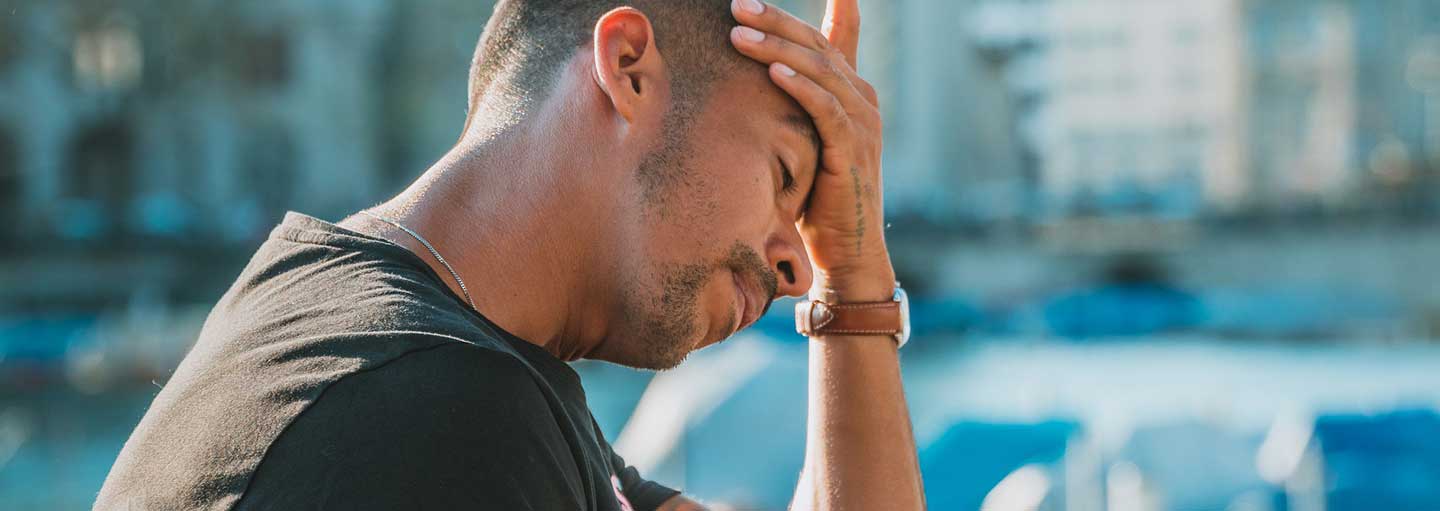Christianity offers us two complementary, and necessary, statements – we are fallen sinful creatures deserving of death, and we are offered forgiveness and restoration through the death and resurrection of Jesus. Each phrase on its own presents only a shallow, even meaningless, position, barely worthy of consideration.
The first alone condemns us all for our endless supply of mistakes, stubbornness, insubordination, whilst the second by itself patronisingly offers to fix something without acknowledging anything is even broken.
As today’s society continues its relentless push to drive Christianity completely out of the public space, we are faced with a growing dilemma. Nobody can deny that humanity’s history is littered with greed, anger, self-interest, hatred. But without the complementary message of forgiveness and healing, where does that leave us?
In the rapidly expanding Cancel Culture.
It is not uncommon, in fact, its almost guaranteed, that anybody who is already in the public spotlight, or now steps into the light, will very quickly face unrelenting scrutiny, with self-appointed speech police trawling through their social media accounts, and other online data, looking for the sins of the past. And they will find them because everybody has them. As Douglas Murray writes in “The Madness of Crowds”,
“Since everybody errs in the course of their life there must be – in any healthy person or society – some capacity to be forgiven. Part of forgiveness is the ability to forget. And yet the internet will never forget. Everything can always be summoned up afresh by new people.”[1]
And then the takedown begins.
Without any concept of repentance and forgiveness, it doesn’t matter whether the subject has grown as a person, apologised for their past transgressions, and vowed to do and be better. There is no chance to clear the slate and move on. They must forever pay for their sins, through the loss of employment, career, income, status, and a barrage of threats against their own safety, and even that of their loved ones.
This barrage doesn’t stop until the target is completely removed from public consideration, but it will wait, poised to strike again should the perpetrator dare to seek a return to public society in the future.
Of course, there are consequences for one’s actions, and these must be faced, but if the punishment has been served, and true repentance and growth have occurred, it’s time for the rest of us to move on. Let’s not be like Jonah, who couldn’t accept that God would forgive and redeem Ninevah, and instead wanted them to be punished forever.
Theologian Lewis B. Smedes commented that “to forgive is to set a prisoner free, only to discover that the prisoner was you.” Forgiveness is much more about ourselves than it is about the person we are forgiving. Thomas S. Monson said “Blame keeps wounds open. Only forgiveness heals.” The wounds are our own. The healing is ours.
Failing to forgive, and continuing to blame, only cause the wounds to continue to fester inside us, feeding the anger and rage, encouraging hatred to simmer. You can see it on the faces of so many who are seeking to “cancel” voices with whom they disagree. The anger, the hatred, the rage is writ large for all to see. And it flows through to every single action and decision they make.
Forgetting is part of forgiveness, but the internet will not let us forget. Even worse, it allows us to look at past events through the “all-knowing” lens of the present. Views which are now deemed to be unacceptable, despite being completely normal and commonplace when they were expressed, result in the offender being punished today for saying yesterday what everybody agreed to at that time. This just opens the door to today’s generation being condemned in 100 years’ time for the great sin of holding 21st-century ideas and values.
And this doesn’t even begin to cover the second, even more dangerous, part of the Cancel Culture – seeking to cancel people simply because they hold different ideas. It’s bad enough refusing to forgive someone for making a mistake, even after decades. How much worse is it to refuse to forgive someone when they did nothing wrong. How dare somebody disagree with me? Who gave them the right to hold a different opinion? Why should they be allowed to present an alternative view to the one I hold?
Unfortunately, we see the intolerance of differing views most from those who loudly proclaim at every possible chance, that they stand for tolerance and diversity.
So what do we do? How do we fight back against the Cancel Culture? We need to forgive those who have hurt us or offended us or others. We need to acknowledge the sins of the past – when indeed they did actually occur – and move forward. And if the perpetrator doesn’t change, doesn’t repent, and continues to do wrong, we need to walk away – whether they are friends, family, or politicians who continue to hold and promote views that we cannot support or tolerate.
And most importantly, we must teach our children how to present their ideas, to listen to opposing ideas, to debate and disagree, to understand, to compromise when it’s appropriate and to stand firm when it’s not, and to forgive.
As US radio host Bernard Meltzer said, “when you forgive, you in no way change the past—but you sure do change the future.”
But, like Jesus, we must also stand firm on the Truth, and not apologise for challenging, or offending, the status quo, or the cultural elites of our day. Apologising when you’ve done and said nothing wrong doesn’t earn you any reprieve from these bastions of intolerance, and it only weakens your position and credibility with others.
Without forgiveness, our future looks bleak indeed.
But with forgiveness, “we change the memory of our past into a hope for our future” (Lewis Smedes)
[1] Murray, Douglas. The Madness of Crowds (p. 200). Bloomsbury Publishing. Kindle Edition.






















